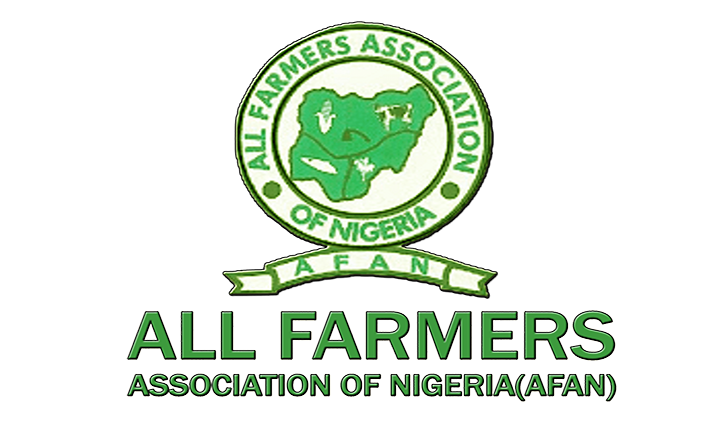
Amidst the steep rise in inflation and the concerning surge in food prices affecting Nigeria, Otunba Femi Oke, Chairman of the All Farmers Association of Nigeria (AFAN) for the Southwest and Lagos state chapter, emphasized the association’s willingness to partner with governments at all levels to tackle these issues.
Oke conveyed this commitment during an exclusive interview with AgroNigeria in Lagos on Wednesday. He stated, “We are open to further collaboration as we currently collaborate with the government to achieve full food security. The government is now partnering with AFAN to explore agricultural solutions aimed at stabilizing commodity prices.”
He highlighted ongoing collaborations with entities like the National Agricultural Land Development Authority (NALDA) at the federal level, which sought AFAN’s assistance in clearing land for local food cultivation. Additionally, AFAN is working closely with the Federal Ministry of Agriculture and Food Security.
Regarding challenges faced by farmers, Oke pointed out that increased fuel prices have led to transportation difficulties, contributing to inflation. Moreover, factors such as insecurity, fluctuating exchange rates, and dependence on imported goods exacerbate economic strains.
Oke expressed concern over the recent call by the Trade Union Congress of Nigeria to halt food imports within two weeks, fearing it could undermine local farmers and discourage government support for agriculture. He advocated for empowering Nigerian farmers by providing resources like access to loans and assistance with land preparation.
He suggested that state governments establish agricultural clusters to streamline production and reduce commodity prices, along with investing in transportation and storage infrastructure to alleviate consumer burdens.
Oke commended the proactive steps taken by the Niger state government in importing agricultural machinery like tractors and urged Southwest governors to emulate such initiatives to support farmers.
He emphasized the importance of seasonal farming, especially in regions like the Southwest with limited irrigation capabilities, and noted farmers’ readiness for wet season farming while welcoming assistance from state governors.
Regarding climate change, Oke acknowledged the challenges it poses and AFAN’s efforts to enhance resilience among small-scale farmers in the Southwest. However, he emphasized the need for broader efforts beyond their control to effectively address climate change impacts.
In terms of improving food security, Oke stated that AFAN collaborates extensively with the federal government to explore agricultural solutions, obtain input subsidies, and address challenges as they arise. He underscored the productive relationship between farmers and government agencies and reiterated their commitment to working together on various initiatives.




